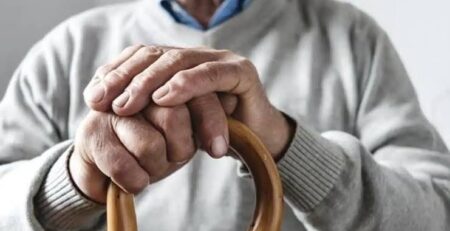Intergenerational Mobility of Health in India and Its Implications to Elderly Care
By E. Sownthara Rajan
To understand the effect of education of children as an intervention to improve elderly health and suggest the sector of elderly who needs state support. This finding will help in locating a sector of elderly where the targeted geriatric care and elderly support can be provided. There is a prevalent conversation in academic literature about growing elderly population around the world which is estimated will be 22 per cent of the world population by 2050 and 35 per cent of Europe’s population is estimated to be over the age of 65 (Barik, 2016). According to the census in India, Elderly population constituted 6.1 per cent of the total population in 1991 and it has grown to 8.6 per cent of the total population in 2011 (Census of India, 2011).
There is no strong institutional support for the elderly in India and with respect to health care of elderly there are no exclusive geriatric care facilities available (Verma & Khanna, 2013). Economic means of spending towards health care and other consumption goods for elderly come from sources such as Income from some form of work that suits them in their old age (also men (55 per cent of elderly male) are more likely to work than women (25 per cent of elderly female)), Financial support through remittances (highly likely when children live separately) and through public transfer schemes (Barik et al., 2017). It also estimates that around 42 per cent of elderly households in India receive any one form of government transfers. There are different forms of government benefit schemes such as Old age pension, widowhood pension, disability pension etc. Usually an Indian family consists of Old aged parents, adult children and their spouse, grandchildren. Therefore, it is more likely that an elderly are cared for. We are set to investigate if despite this situation in India why some elderly are getting better care than others. What impacts the elderly care due to which elders in some family get better care?
Source: SSRN










